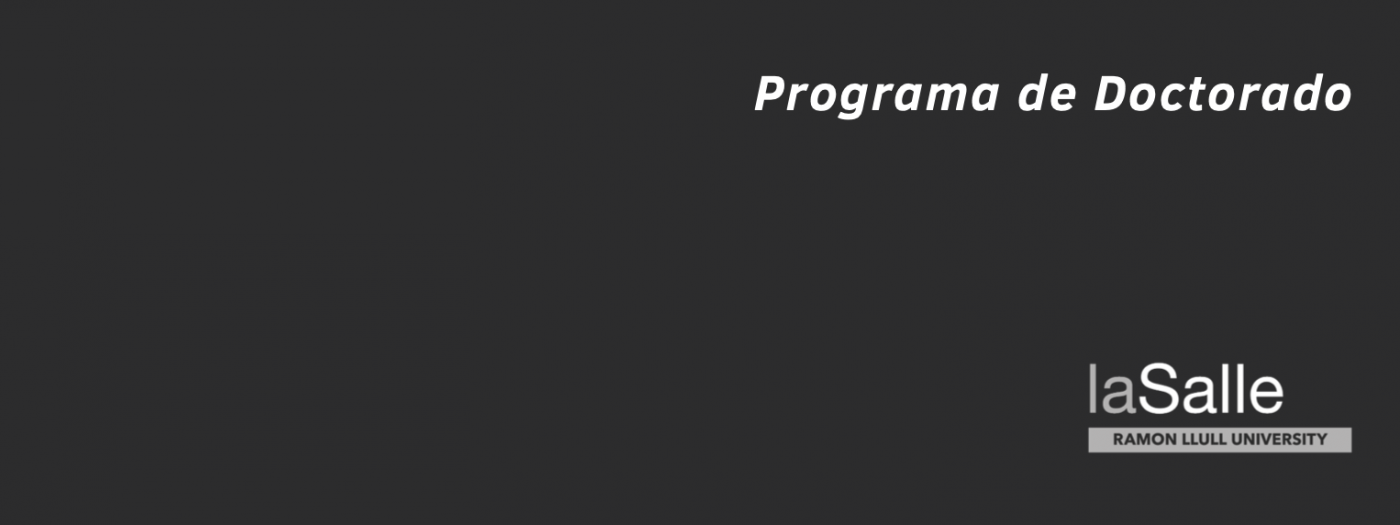On Thursday, July 27th, starting at 4p.m., the PhD defense of the doctoral student Gerard Serra Segarra will take place at Classroom MF S.01, Sant Miquel building – La Salle – Universitat Ramon Llull, entitled “Design material as a shared language: exploring human-Al co-creation to augment creativity”, which has been carried out under the direction Dr. David Miralles Esteban, and Dr. Oriol Guasch Fortuny. The doctoral student is part of the Research Group Smart Society- Ecosystems of La Salle Campus Barcelona.
Recent advances in artificial intelligence (AI) have led to a growing interest in how AI can support and augment human creativity. With AI-powered tools increasingly transitioning from passive to active contributors in creative processes, a need arises for defining new interaction methods that support human-AI co-creation
The research conducted in this thesis views AI support in creative tasks as a reflective dialogue mediated by the design material. This perspective implies iterative creation, mod- ification, and deriving inspiration from evolving problem and solution spaces in creative sessions. This closely aligns with theories of design practice and creativity theories that view the design process as an iterative and reflective process, extending these concepts to include a computational agent as a design partner.
We explore human-AI collaboration in two distinct creative domains, aiming to augment human creativity in problem-solving, through a computational system. First, we examine AI’s potential to offer novel solutions in complex scenarios, such as profile designs for a sonic black hole. In this domain, we highlight the role of evolutionary algorithms in expanding the solution space. Second, we introduce Coevo, a 2D physics environment along with a design language to define proposals in this domain. Coevo facilitates real-time collaboration for creative problem-solving with an AI agent, allowing us to investigate various communi- cation techniques and roles between humans and AI agents in the creative process. We show how AI suggestions augmented the human exploratory process by proposing novel solutions, improving human-generated ones, or providing new creative directions to explore. In ad- dition, we show how humans could also influence the AI output, embodying the nature of collaboration.
Our work demonstrates how human-AI collaboration can augment human creativity through interacting with the design materials produced during a creative session. The notion of this creativity augmentation is supported through the experimental evidence presented in this work highlighting the importance of expressing intentions and evaluating AI’s contri- butions. This research enhances understanding of the flexible role of AI as a collaborative partner in creative problem-solving scenarios, as it helps generate diverse solutions, enables the discovery of new ideas, and augments human creativity through the exploration of the problem space.
The tribunal is made up by the President, Dra. Raquel Ros Espinoza; Secretary, Dra. Elisabet Golobardes Ribé and Vocal, Dr. Corbin Cunningham.
